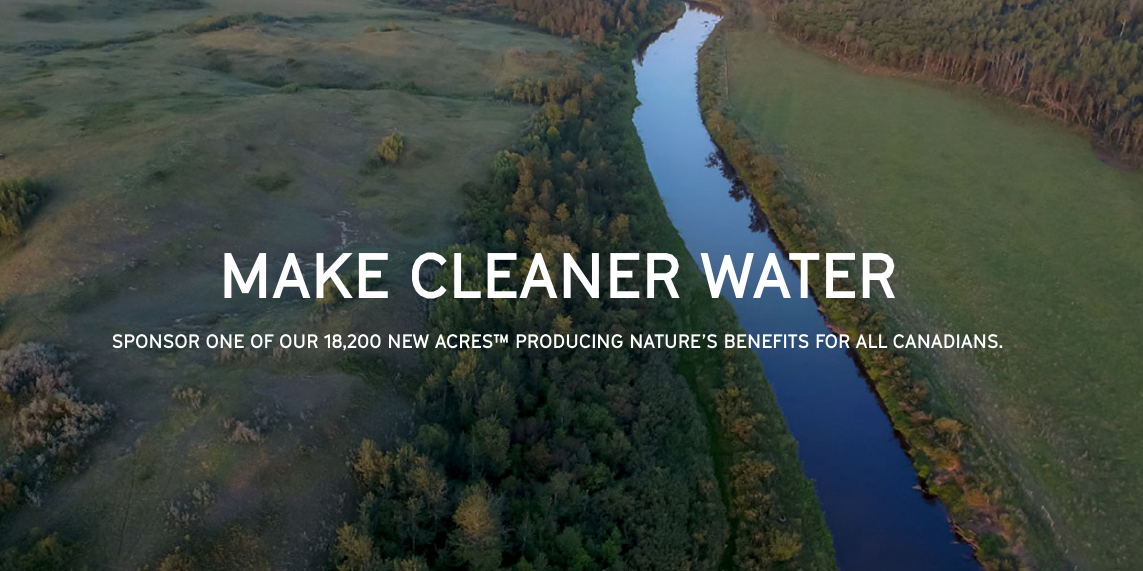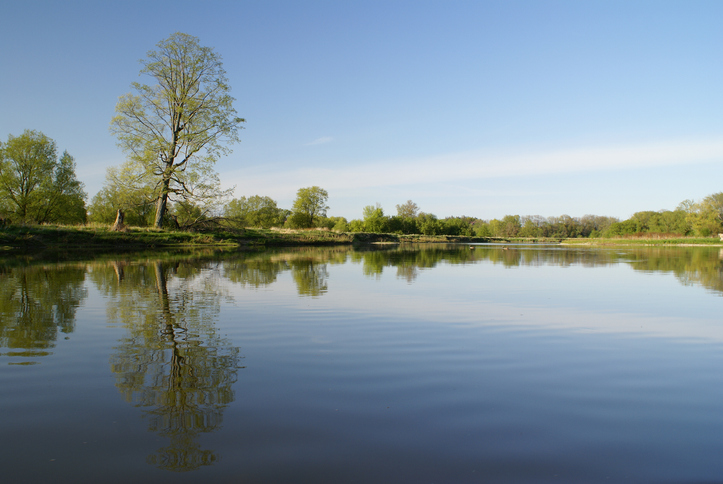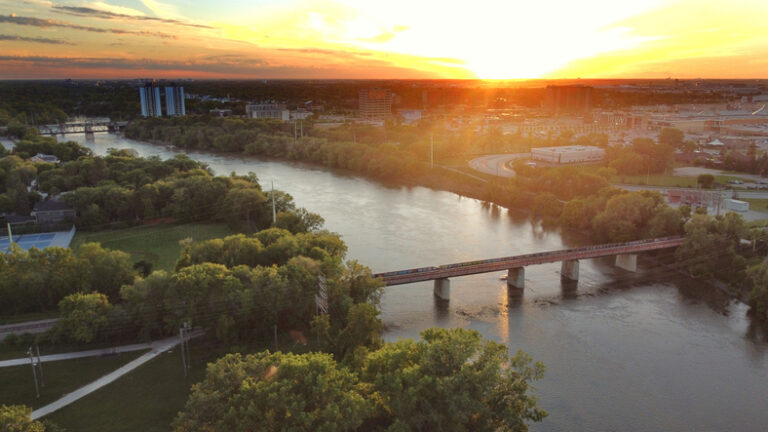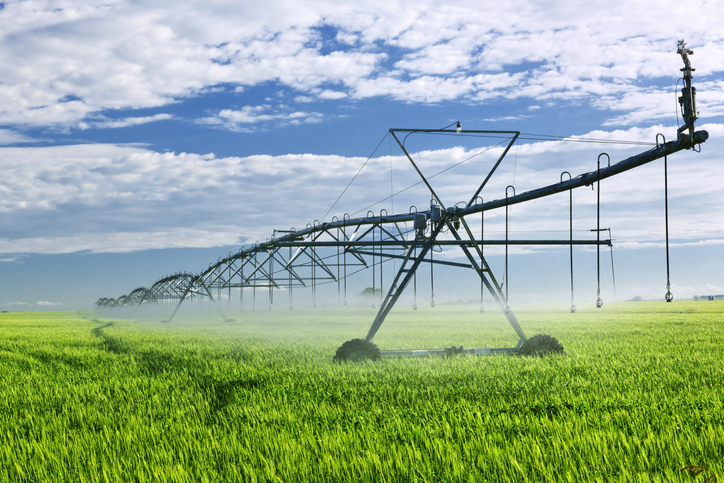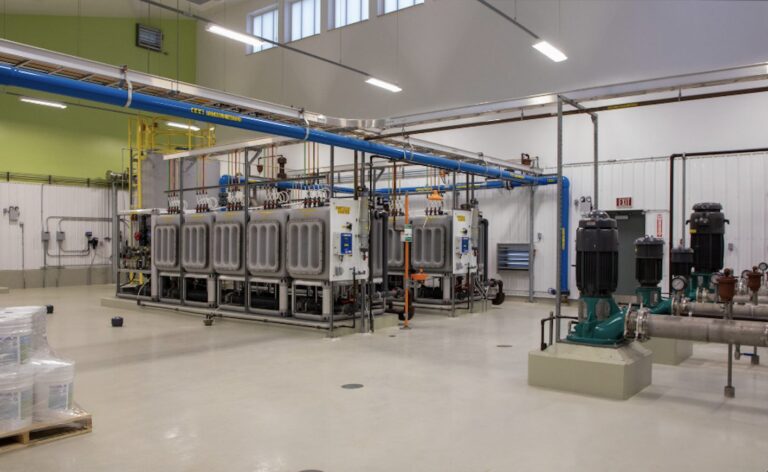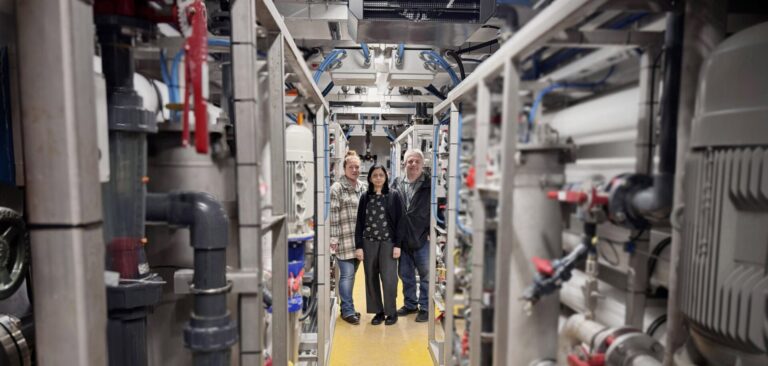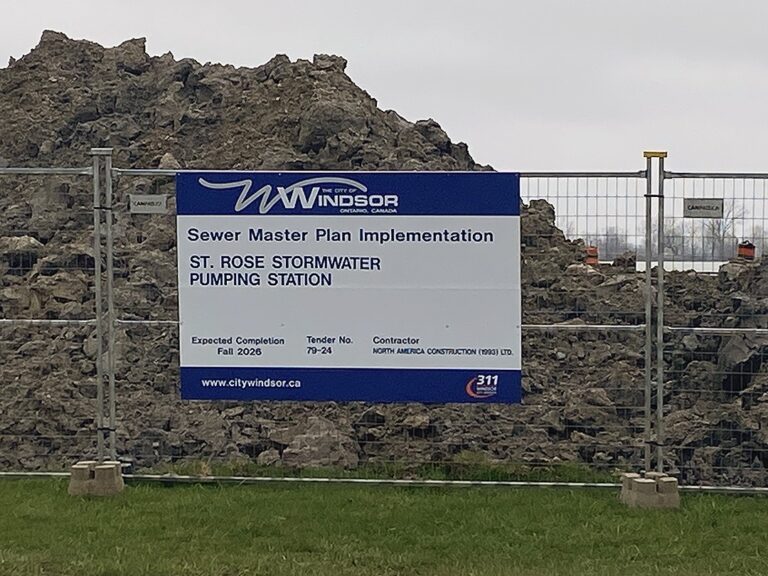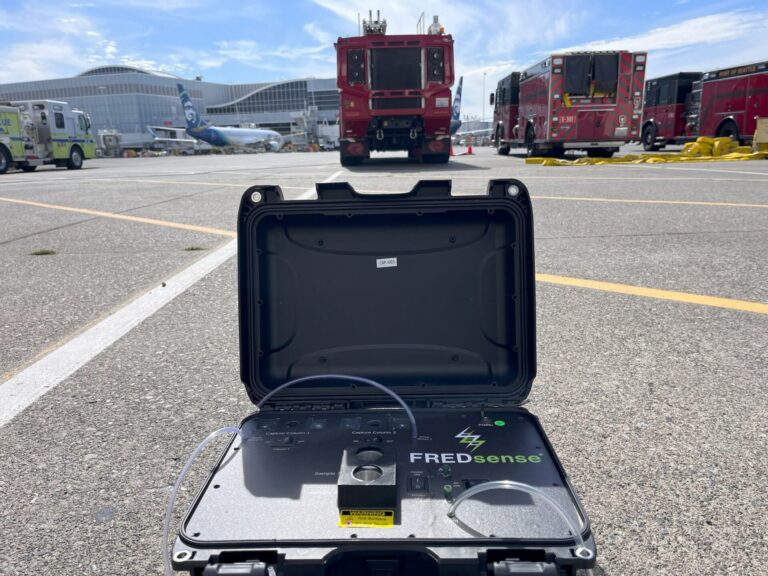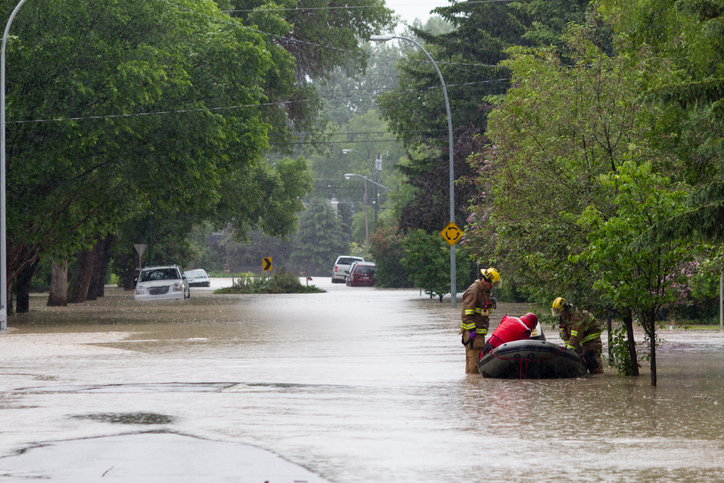The W. Garfield Weston Foundation and ALUS Canada have announced a new $5 million investment to support the an program known as ALUS Canada, A Weston Family Initiative that will focus on preserving ecological goods and services on farmlands in Canada.
The quantifiable environmental outcomes achieved by the program include water quality, carbon sequestration, and habitat creation.
The launch marks a generous $5 million investment from The W. Garfield Weston Foundation to help support ALUS Canada’s expansion across the country, as well as its New Acre Project, which will offer a distinct and exclusive opportunity for North Americans to invest in projects that help drive positive environmental change.
“We are delighted to announce today that The W. Garfield Weston Foundation will make a $5 million grant to ALUS Canada, an organization we have long supported,” said Tamara Rebanks, Chair of the Foundation’s Conservation Committee, at press conference. “We believe strongly in the ALUS model, which delivers tens of thousands of acres of natural habitats by engaging Canadian farm communities.”
ALUS Canada is a national program dedicated to supporting farmers and ranchers who produce clean air, clean water, pollinator habitat, and other ecosystem services to help service communities across Canada. ALUS Canada offers a unique method for improving the environment, allowing farmers and ranchers to steward their land in a way that benefits all Canadians.
ALUS Canada’s CEO, Bryan Gilvesy said, “As a Weston Initiative, ALUS Canada has been able to expand very rapidly. We launched in Quebec this summer, bringing our program to six provinces, with more than 18,000 acres devoted to producing ecosystem services. We plan to open in Nova Scotia and in several more communities throughout Ontario and Alberta, with the aim of reaching 25,000 acres by the end of 2017.”
Gilvesy added that the launch of the The New Acre Project will allow individuals and organizations to contribute to the ALUS program and obtain quantifiable environmental outcomes in return.
“It’s the first of its kind in North America,” said Gilvesy. “The New Acre Project will empower ordinary Canadians to make the difference they want to see in the world. If you want to have cleaner air, cleaner water, and more biodiversity, you can make that happen by sponsoring New Acres.”
The project will roll out over the coming months.
Guest speakers included Andrew McKee, President and Chairman of the Board of The Royal Agricultural Winter Fair, who noted that The Royal and ALUS share a common passion for agriculture. “With the support of the Weston family, we expect ALUS will play an invaluable role in ensuring that the wildlife and natural spaces so important to agriculture will be preserved, to the benefit of all,” said McKee.
In celebration of the launch, two special awards were presented to honour leaders from the ALUS program with a $10,000 prize. Camilla Dalglish, Director of The W. Garfield Weston Foundation, presented the Weston Family Ecosystem Innovation Award to Dr. Andrew MacDougall, a Professor at the University of Guelph, in recognition of his innovative research work in pollinators and biodiversity, using as his laboratory vast swaths of tallgrass prairie, established by ALUS Norfolk in southwestern Ontario.
A second honour went to Gerry Taillieu, the manager of a 14,000-acre ranch west of Edmonton, Alberta. Taillieu was presented with the ALUS Canada Producer Innovation Award for his outstanding commitment to land stewardship producing ecological services through the ALUS program.
“I’m humbled and honoured to be recognized with this award,” said Taillieu, an ALUS Parkland participant and committee member, “but I can tell you that I’m not unique. I believe that the desire to look after your own land is almost universal. ALUS helps you take that concern and put it into action.”
Gilvesy shared news of the program with water utility managers at the Canadian Water and Wastewater Association’s national conference in Toronto. ALUS hopes to engage more municipalities in considering “upstream infrastructure,” meaning natural infrastructure and source protection, in their investments to improve raw water quality.

